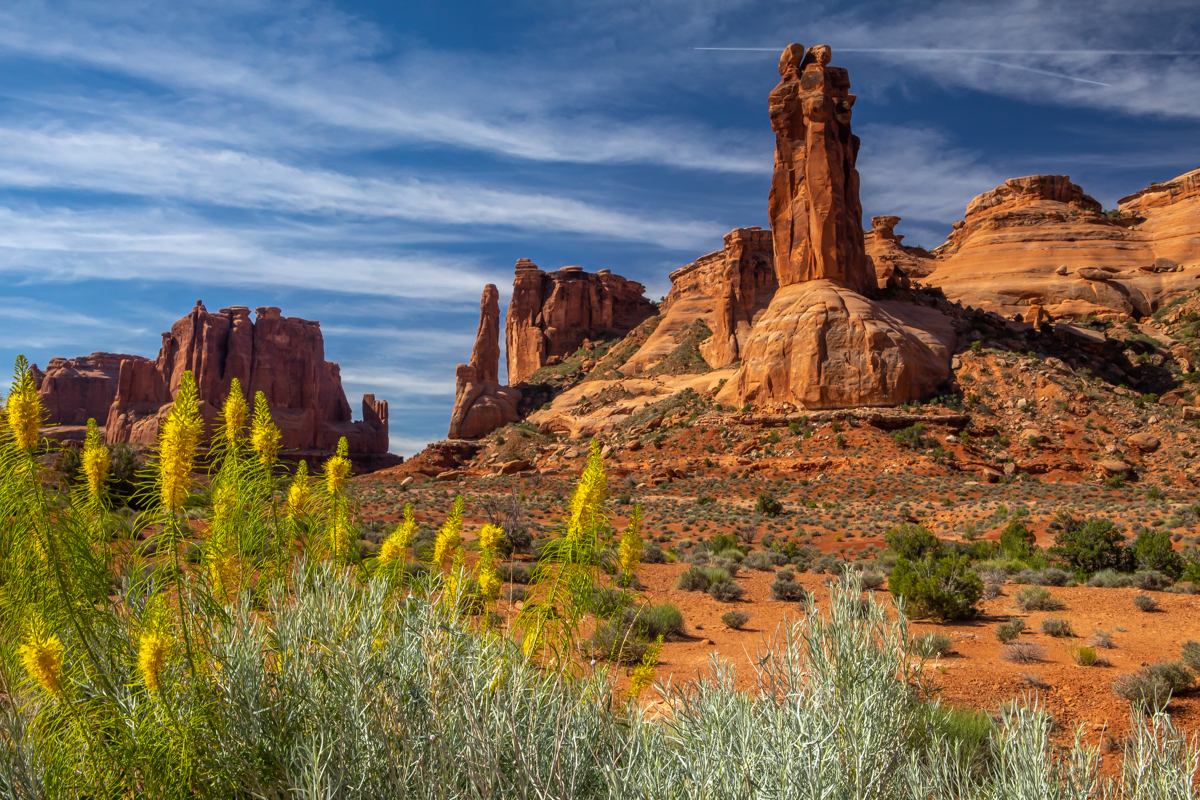Realizing Climate Risks, Accepting Responsibility, Reinventing Our Relationships to One Another and to Life on Earth
Taken in aggregate, the micro-movements of individual corporate, community, or country leaders disrupting the current global mobile resemble tributaries of water, flowing into a larger geopolitical stream with such collective force that they risk actually destroying natural riverbanks carved over long time and re-directing the natural flow of nutrients and life-giving waters away from people and places sustained by them for centuries. (Review Globalization 4.0 Part I: The State of Our World- A Fragile Interconnected Mobile to read a few trends I highlight.)
What’s at stake is not one country or one economy or one ecosystem. Our World—upon which generations of tribes, communities, and countries have cathedral-built thriving human civilizations—is being threatened by unprecedented and unsubstantiated xenophobia, extreme inequality, extraordinary population growth, unsustainable human development, life-threatening air-water pollution, chaotic climate change, unaccountable extraction of natural capital that has led to extraordinary biodiversity loss (extinction rates 1000 times greater than natural rates) and the degradation of ecological communities, which have thrived in synergistic, zero waste niches for millennia.
What on earth are we doing here?
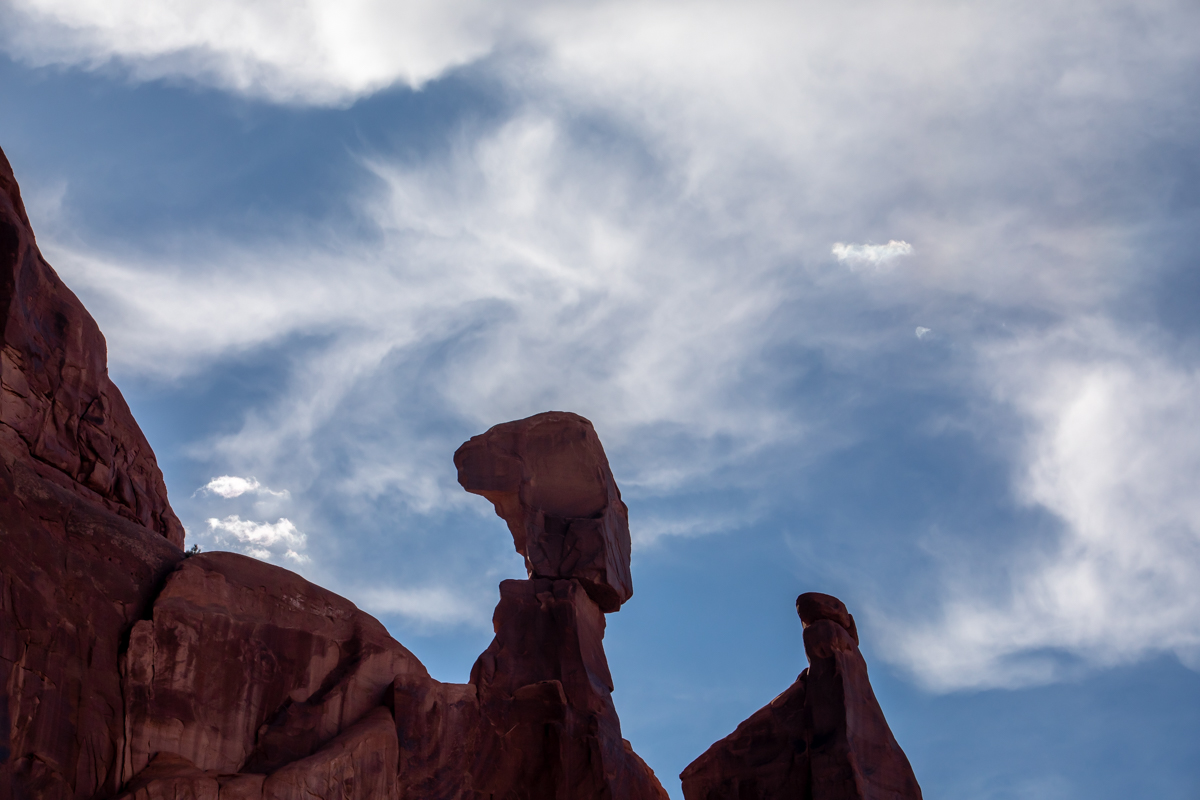
The short and direct answer is: We are effectively driving toward our own extinction… and we’re taking an ark-load of other species with us. The truth is: when environmental change occurs—regardless the driving force; every species has three choices for survival. One can adapt. One can migrate. One can go extinct. The real question going forward is: Which future strategy will we choose?
Despite the incredible investment in space travel, it is not clear (and I don’t believe) humans can live and thrive in space. Why? Astronauts are exposed to extraordinary radiation levels (480x chest x-rays)-increasing risk of cancer, degenerative diseases, and blindness. Lack of gravity causes carotid arteries to stiffen advancing the aging process (20 years). Threats of muscle loss, bone loss, unknown neurological damage, body fluid shifts, and lack of micro-nutrients in off-planet food resources is enough to keep me rooted here on my home planet, Earth. I wrote in an earlier article, Celebrating All Mothers and Nurturers of Life that while our human bodies are made up of 10 trillion human cells, our bodies comprise 100 trillion bacteria cells… and many more fungal cells. (Human Microbiome Project). Humanity, having evolved as a species still psychologically and bio-physically accustomed to life and survival as hunter-gatherers dwelling on great, expansive, open savannahs; how off-earth will we ever feel well and good in a confined space capsule, isolated for very long without going literally mad? I suppose we have a similar space correlate on earth in our prison world (albeit stark, likely dirty and cold), but I don’t know anyone who would choose a confined state as their future fate.
So, we are back to our three choices: adapt, move, or become extinct. As the last option is not desirable and the middle option, no longer possible with a ubiquitous human presence on the planet; our first option to adapt is the only viable choice left. Thus, it’s time to come to grips with our current reality – understand the environmental risks and rifts we’ve created, accept our responsibility to radically adapt our lifestyles, behaviors, and businesses…and get on with the real work of re-inventing ourselves.
“It may sound frightening, but the scientific evidence is that if we have not taken dramatic action within the next decade, we could face irreversible damage to the natural world and the collapse of our societies.” Sir David Attenborough

Climate and Environment Risks, Responsibilities, and Revelations
Every year the World Economic Forum publishes a Global Risk Report on the state of the world and projected risks. The report represents the current reflections and sentiments of nearly 1,000 expert thought leaders in business, government, academia, and society. This year environment-related risks were top ranked concerns for the Global Risk Report 2019. Failed climate mitigation and adaptation, extreme weather events, and natural disasters were reported as the gravest threats to our global economy and society. Further; floods, fires, extreme weather events were reported likely to continue and to become more intense in the future; causing greater environmental damage, food security risks, and supply chain challenges.
We all know that our world continues to witness unprecedented heat waves, cold snaps, fires, floods, and hurricanes across the globe. Extreme weather events have become the new normal. In the past 20 years, 18 years ranked the hottest in human history, and the 5 hottest years have all been recorded in 2010s. The US alone reported $14 billion USD in weather and climate related disaster recovery (NOAA report). Further, given the historic extreme heat across Europe just this last week, the recent unprecedented Boreal forest fires in the Arctic unseen in 10,000 years, heat waves in 50 major US cities tripling since 1960; and nearly ubiquitous air pollution (Breezometer); nature is already playing out our human tragedy on a world stage. True, this is very sad and deeply upsetting; but we don’t know yet the final act… and we are all now significant actors on this world stage… So, I for one am using my time wisely, making my lifestyle choices consciously, and continuing forward my mission to contribute to a happy ending-beginning.
The good news is that the correlation between carbon emissions and temperature has never been better understood and universally accepted by independent scientists conducting independent studies around the world. It is now undeniable the effect of doubling of greenhouse gas emissions since 1980 on global temperature rise by 0.70C. It is now undeniable that humanity emits nearly 110 million tons of carbon pollution every day that becomes trapped in the atmosphere’s thin shell (IPPC Report 2018); generating the equivalent of 500,000 Hiroshima-size bombs every day. (Safeguarding Our Planet, WEF 2019) It is now undeniable that most of that energy (93%) has been absorbed by the ocean ecosystem, and not without consequence. Warming oceans have caused changes in behavior-food webs-migration patterns for marine wildlife. Warming oceans are largely responsible for acidification and the destabilization (likely disappearance) of coral reef ecosystems. Warming oceans have disrupted the flow of the gulfstream, the water cycle on sea and land, the global weather, and nutrient exchange throughout the 3D ocean ecosystem. It is now undeniable that nature has already begun Act I of our tragic human consequence to climate change.
The question is: how will the rest of our human drama on earth play out? What do Act II and Act III look like for humanity? Will we take this Climate Reality to heart and now be pro-active now in mitigating, adapting to, and building resilience against increasingly more intense and extensive global climate change impacts?
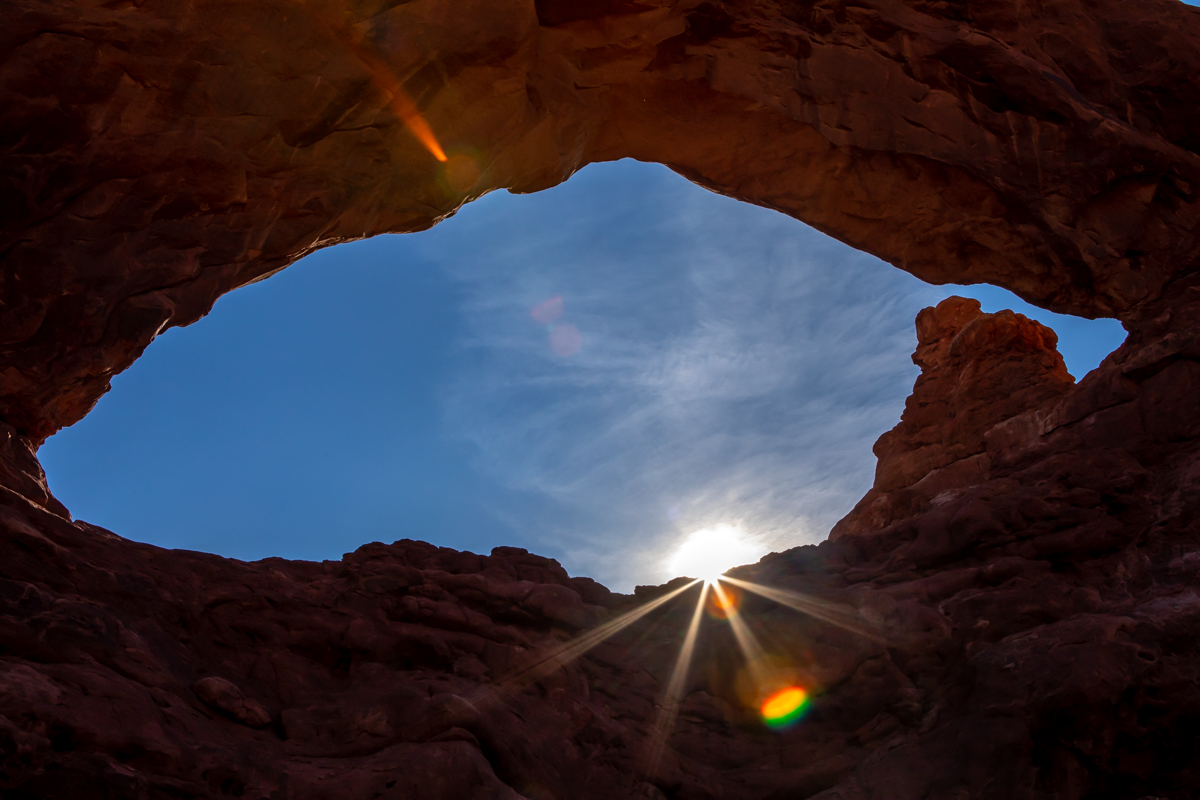
Timing is now ultra-critical. The clock is ticking and the 11th Hour is here. As its recommendation, the most recent 2018 Intergovernmental Panel on Climate Change (IPCCC) Report clearly confirms that we need to peak our carbon emissions in 2020- YES NOW. We now must exponentially reduce our carbon-resource footprint in the next 12 years, in order to ensure we stay below 1.50C temperature change by 2030. (Know Your Global Footprint) The over 1,000 climate scientists who contributed their research findings and model projections to this latest 2018 IPCCC report agree that we have only 12 years to dramatically transform our current energy portfolio or almost certainly risk 1.50C rise. Given the narrow range of temperature that our species and others have experienced over the Holocene (last 10,000 years), such a temperature shift promises to impact the biology and behavior of many species. (IPBES Draft Report 2019)
The bad news is unfortunately not restricted to the ecology of Our Planet; but also to the global economy of our world. In a Conversation with Sir David Attenborough, Christine Lagarde- Director of the IMF, thoughtfully concludes that the health of the global economy is linked to the health of the global ecology. “If we damage the natural world, we damage ourselves. And, I bet we can learn a lot from nature about how to run the economy, balance our accounts and reduce waste in the system.” Christine LaGarde Indeed, failed climate mitigation and adaptation, extreme weather events, natural disasters, and continued habitat-biodiversity loss will prove to be the gravest threats to our global economy and society if we don’t double-down on carbon. For example, catastrophic sea level rise (estimated by 2050 at 0.5 meters) will affect 800 million people worldwide, living in more than 570 coastal cities. (IPCC Report 2018) As well, floods, fires, extreme weather events will likely continue and intensify in the future; causing a downward spiral of environmental damage, food security risks, and supply chain challenges from which we may not be able to recover. (WEF Global Risk Report 2019)
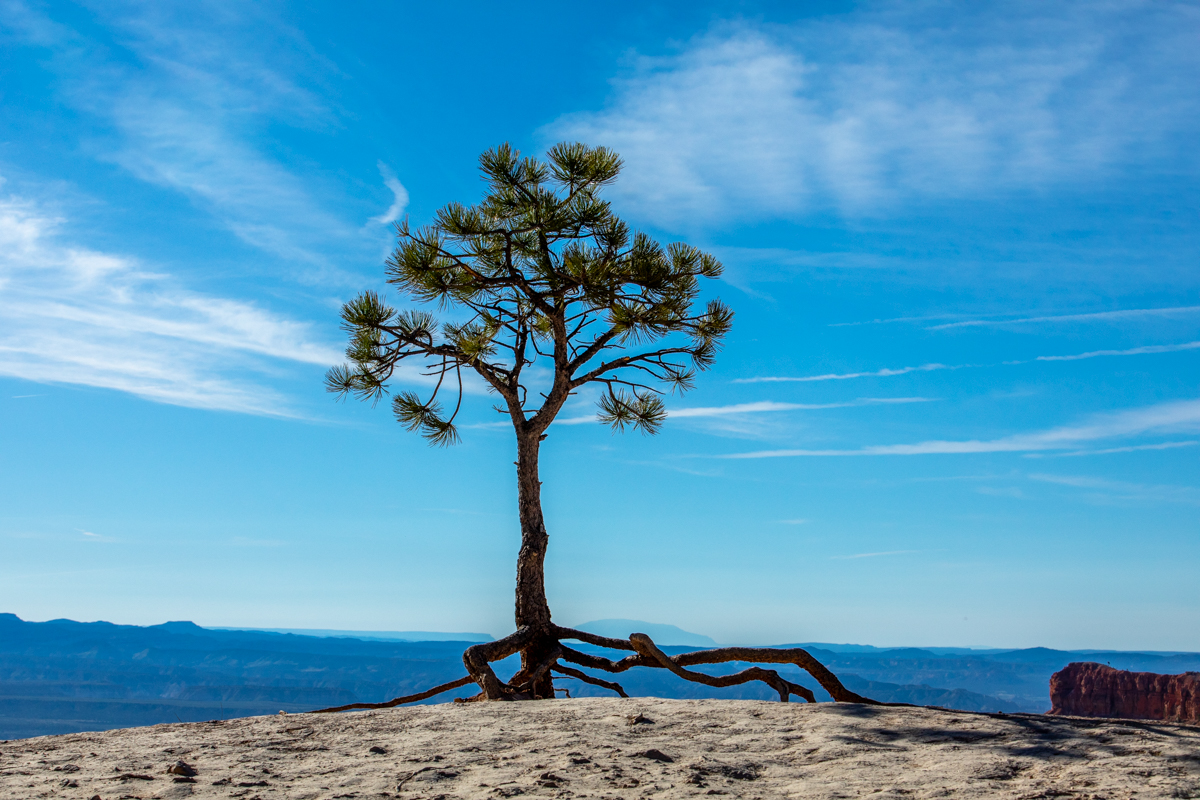
This is our Climate Responsibility. Yet, performance thus far following the epic global-signing of UN Sustainable Development Goals and the Paris Climate Agreement in 2015 by businesses and countries, while commendable– has not been commensurate with the speed and scale of change now necessary. The World Economic Forum’s Fostering Effective Energy Transition 2019 report says: “Three years after the global milestone of political commitment through the Paris Agreement, the lack of progress provides a reality check on the adequacy of ongoing efforts and the scale of the challenge.” Similarly, the Sustainable Development Report, SDG Index, and Country Dashboards (published in July 2018) concludes that only few G20 countries have taken decisive action to meet the goals. As we await the current SDG Index, we are hopeful that this past year and the latest sobering IPCC Report has catalyzed countries to significantly ramp up efforts. The truth is: No country is on track to achieve all the goals nor has any country aligned its national budget toward the UN Goals. While many countries are advancing rapidly, the world falls short of achieving the goals by 2030. (SDG Index-Country Dashboards) According to the report, the US and Russia under the current administrations have taken the least action toward the Global Goals. Meanwhile Brazil, Mexico, and Italy have made the greatest strides among nations by coordinating branches of government to create an exponential SDG affect. Germany and France are the only top performers among the G7 countries. The good news is that many low-income countries have made good progress toward ending extreme poverty and greater access to health and education. However, their lack of resources to create climate-resilient, natural capital-conserving infrastructure is a challenge.

Here is where the Green Climate Fund ($10.3 billion USD sourced from 48 countries) gives fresh hope to the world, as it reviews new climate projects and also pursues its target of $100 billion USD by 2020. Here is where a $1 trillion USD/ year climate resilience fund to also develop urban and transport legacy infrastructure in developing countries that leap-frog industrial age infrastructure with modern, energy efficient, smart, connected, zero waste designs proposed by Nicolas Stern to advance the New Climate Economy could “unlock the inclusive growth story of the 21st century. (Nicholas Stern, Natural Intelligence Worldwide (NIW) Podcast). Here is where the development banks serve. According to the Asian Development Bank (ADB), 300 million people still do not have access to electricity in Asia. Thus, 50% of ADB project funds go to transmission and distribution of electricity. The good news is that only 20% of their projects need now to go to renewable energy generation and 20% to energy efficiency because commercial banks and private investment sense the global pulse of opportunity and are stepping in and up to capture the new climate finance opportunity. As well, the major energy companies (e.g. Shell, BP, Mobil, Exxon) who have been diversifying their energy portfolios and researching renewable energy, biofuels for years are now becoming more progressive and proactive in expanding and promoting their renewable energy portfolios.
In fact, my company, Natural Intelligence Media just finished working with Shell New Energies and Silicon Ranch to produce a multimedia campaign in support of a launch for Silicon Ranch and Shell’s new nature-based, Regenerative Energy platform to “regenerate the economy and ecology” of rural communities across America. View Press Release.
Thus, as renewable energy is now cost competitive and energy companies see the new horizon for renewables’ lower financial risk and higher financial return; new energy divisions within diversified energy companies will continue to grow, proliferate, and prosper. Further, as new advanced energy technologies become faster and more accurate in forecasting weather and identifying patterns in intermittent energy generation from a combination of wind and solar energy with local precision on a global scale; reliance on renewable energy will increase exponentially. Now what if Energy Ministers in countries worldwide would create national policies with clean energy incentives? Could we expect a new tidal wave of divestment from traditional upstream energy (oil, coal, gas) and investment in renewables to propagate around the globe? Christine Lagarde, Managing Director of the International Monetary Fund (IMF) agrees with Sir David Attenborough that “climate change is the greatest existential challenge of our times” and that there is now a need for carbon pricing- charging for fossil fuel emissions. (IMF- World Bank Spring Meeting, 2019) In a recent IMF publication- Fiscal Policies for Paris Climate Strategies, she lays out the fiscal policies and practical strategies for countries to put a price on carbon, meet their country-specific climate commitments, and support sustainable, inclusive growth. This is very good news and an essential read for those really grappling with the trade-offs, “revenue-neutral-tax-subsidy schemes” to genuinely overcome the final obstacles that resist an explosion in cleaner power generation, cleaner mobility options, and improvements in energy efficiency.
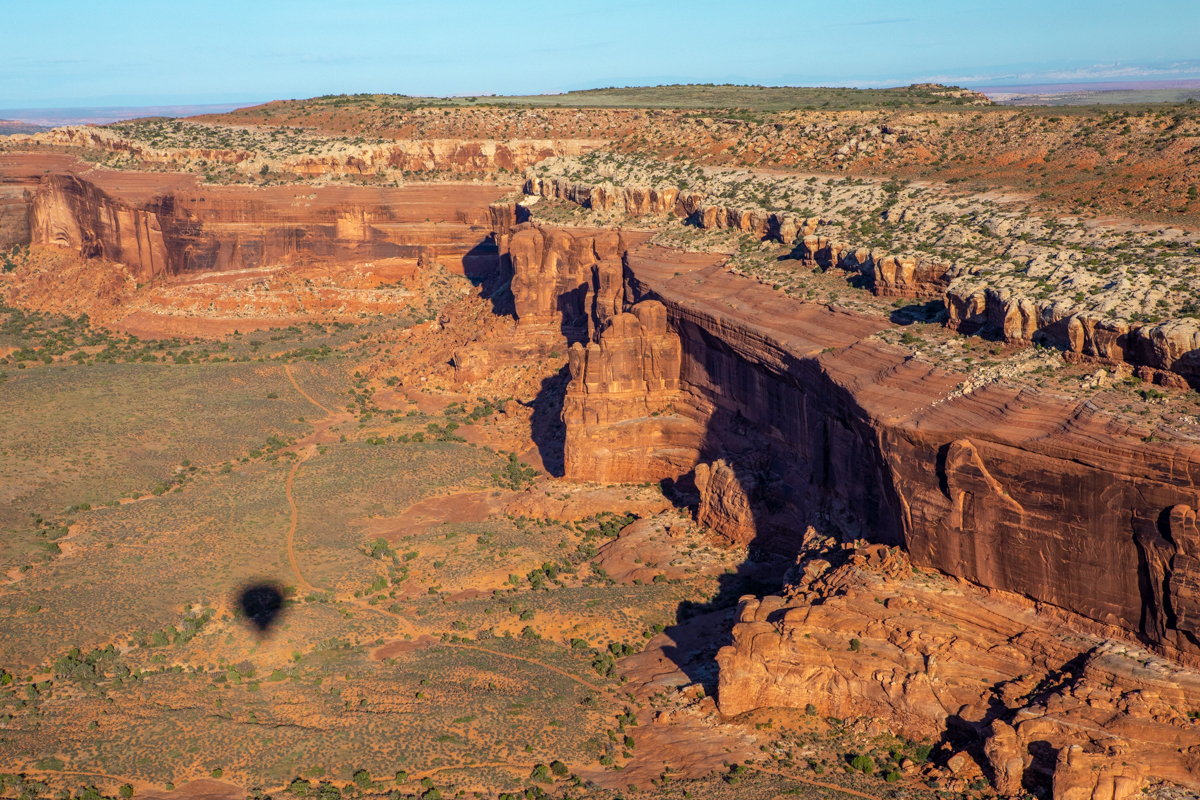
The great news is that as real successful business case scenarios and respected business leaders continue to demonstrate the cost savings in creating energy efficiencies throughout their operations + supply chain and commit to becoming Carbon Neutral “even before” country time targets for Paris (e.g. RE 100 Network, We Mean Business Coalition, CERES-We Are Still In), more business leaders jump on the New Climate Economy train. The Climate Revelation for world business leaders—that there is both an urgency to act on climate and an opportunity to act on climate—is spreading. Climate Leaders at the nexus of this transformation, like Christiana Figueres (former Executive Director of the UNFCCC) are wicked smart, infinitely inspiring, and exude Global Optimism. They know that the future we get will be the future we now intuit and invent. Thus, in our Natural Intelligence Worldwide (NIW) podcast Interview, Christiana reiterates the importance of acting now on the goals, roadmaps, strategies, tools, and technology now proliferate in the new climate economy space. (e.g. Climate Action Roadmap, Drawdown, Legacy, New Climate Economy) On the business front line, committed corporate leaders with integrity, like Paul Polman, former CEO of Unilever-visionary behind Unilever’s Sustainable Living Plan, repeatedly proved throughout his Legacy that socially-responsible, climate-concerned, ethically-motivated, nature-focused, kind companies could appease global stakeholders within the company’s ecosystem, while turning a profit– doing well, while doing good. His new venture, IMAGINE – a for-benefit corporation and foundation is committed to helping companies advance and accelerate the implementation of the Global Goals. Legacy, the book they published this month, is a great first read. Another global business leader, Anand Mahindra (Chair of the Mahindra Group), also made extraordinary climate neutral commitments and electrified the room when he plainly, credibly, and passionately reiterate the reality that climate change is the financial and business opportunity of the century. (Global Climate Action Summit) Their Science-based Targets Initiative– launched at WEF 2018 continues to drive ambitious corporate climate action, now comprising commitments from 604 companies, globally.
Indeed, I also am ultimately a global optimist and I can vividly imagine the climate-energy transformation that is possible in the next 10 years when we innovate our systems of power generation, electrification, mobility, food production, and urban construction. Indeed, there is extraordinary new wealth and new business opportunity that’s good for humanity and good for the planet.
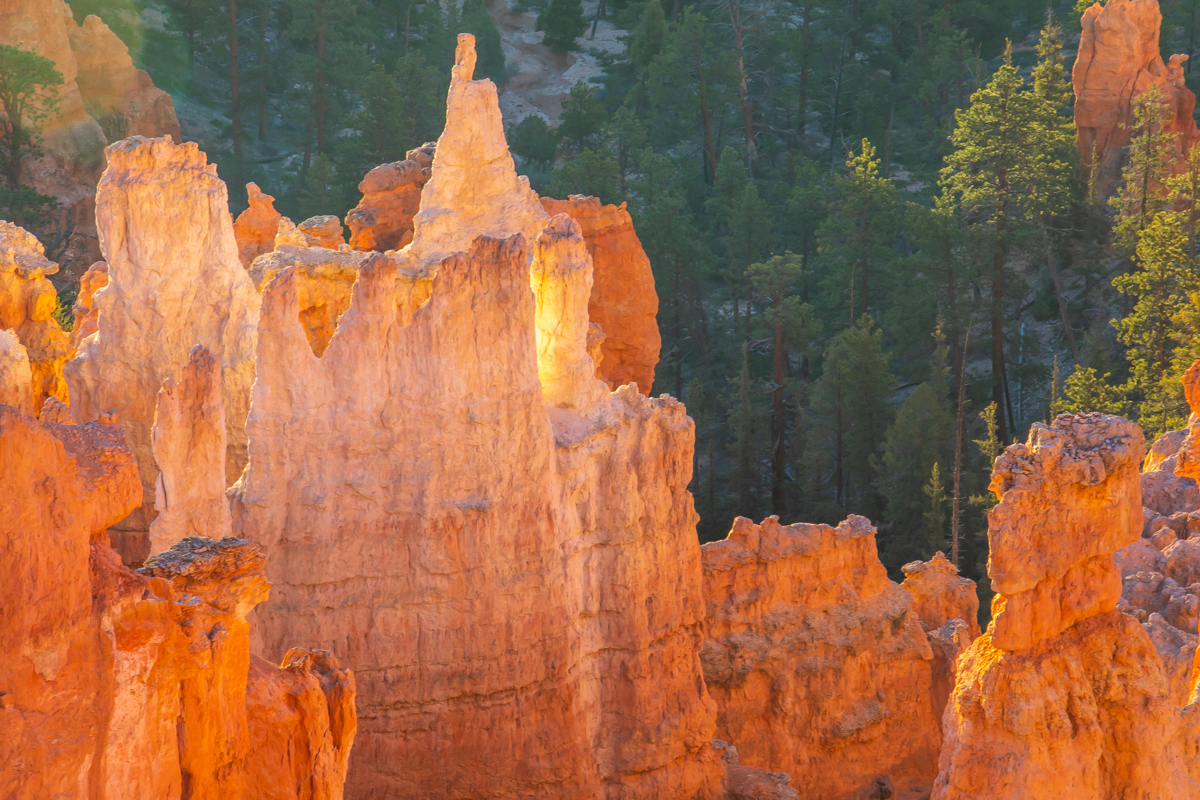
What will be our Final Act?
What will be our human imprint on our new climate world? Hyperlink to the references throughout this article for practical lifestyle choices and steps YOU & ME can take today!
Imagine:
- What if together, we double-down on carbon emissions, reducing greenhouse gases 50% by 2030, then we may meet our 1.5 C target? Imagine!
- What if together, we powered our existing human built ecosystem with 100% renewable energy; we would move the Earth Overshoot date back 21 days. (GFN) Imagine!
- What if together, we created a global power grid that connected mega and mini grid systems worldwide? We could literally blanket the earth with smart energy infrastructure and realize Tesla’s dream of ubiquitous energy production-consumption, access for all. “We could write the future of stronger, smarter, greener grids.” (ABB Grid Network) Imagine!
- What if together, we ate 50% less meat? We could #movethedate, the Earth Overshoot Date back 15 days. (Global Footprint Network) Imagine!
- What if together, we advanced solar energy production by 23% every year, included wind in the equation? We might not hit a climate tipping point. Imagine!
- What if together, all financial firms increased investments in Green Bonds to reach $1 trillion USD by 2021 and the divestment movement accelerates? We might save our climate. Imagine!
- What if together; the steel, cement, aluminum, and plastic companies reduced emissions 50%? Indeed, we would meet our climate goals. Imagine!
- What if together; we implemented and scaled more precision agriculture technologies (e.g. smart and IOT-connected plant and environment sensors), and reduced carbon emissions (20% of the carbon challenge)? Imagine!
In fact, every action by everyone, everywhere matters. It is time. Namaste.
“Yesterday, I was clever, so I wanted to change the world. Today I am wise, so I am changing myself.” Rumi
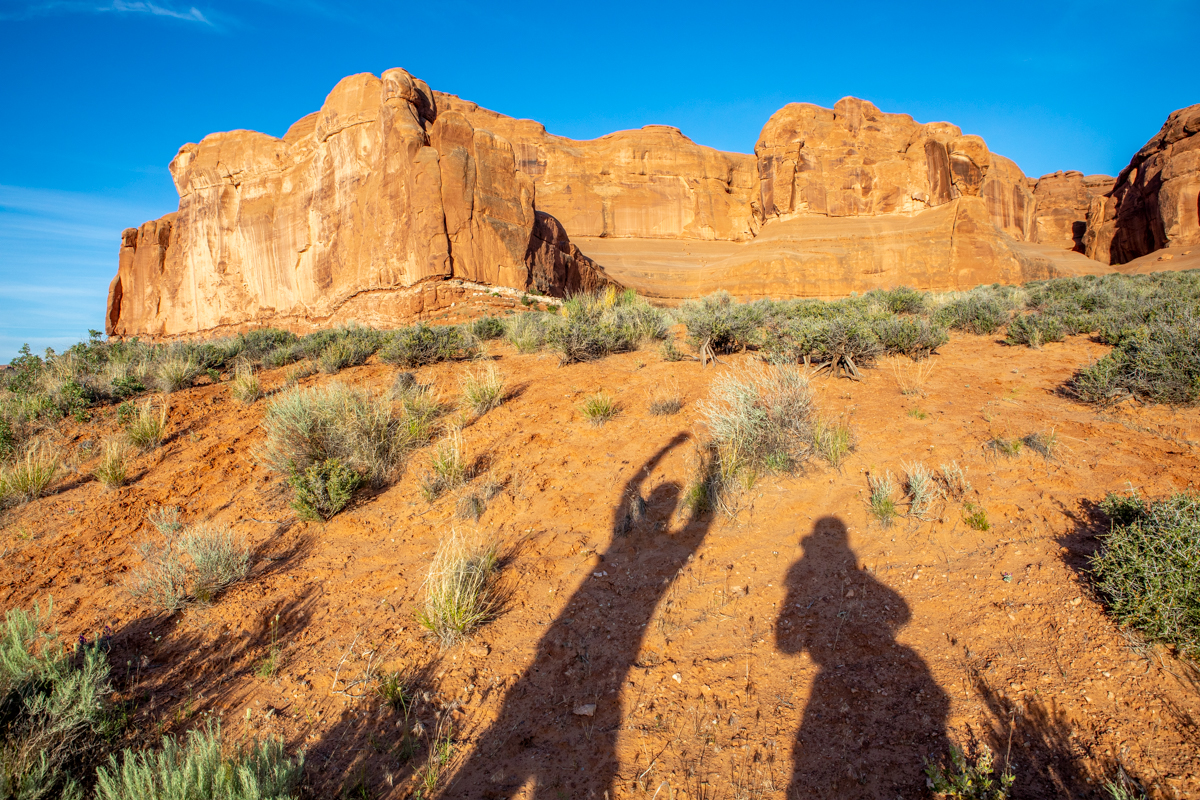
****
Follow the World Economic Forum on Twitter via @WEF and @Davos, and join the conversation using #WEF19.
Listen to our NEW Natural Intelligence Worldwide Podcast – exclusive interviews with world leaders and their visionary ideas on the future of our sustainable planet, our new deal with nature, and technology for good. Twitter: @NIWPodcast Instagram: @mynaturalintelligence
Subscribe to our Weekly Podcast.
To Learn More about the author, Catherine Cunningham, PhD, to read her articles, listen to her podcasts, or watch her films aimed at empowering us to awaken our natural intelligence in the world go to Natural Intelligence Media.
Few Key References:
https://www.ipbes.net/review-values-assessment-first-order-draft
https://www.weforum.org/events/world-economic-forum-annual-meeting/sessions/our-planet
https://www.climaterealityproject.org/
https://meetings.imf.org/en/2019/Spring/Schedule/2019/04/11/imf-seminar-one-on-one-lagarde
https://www.netflix.com/title/80049832
https://www.weforum.org/reports/the-global-risks-report-2019
https://www.adb.org/documents/adb-annual-report-2018
https://www.shell.com/energy-and-innovation/new-energies.html
https://www.ceres.org/initiatives/we-are-still-in
https://www.unilever.com/sustainable-living/
https://new.abb.com/uk/about/our-businesses/power-grids


